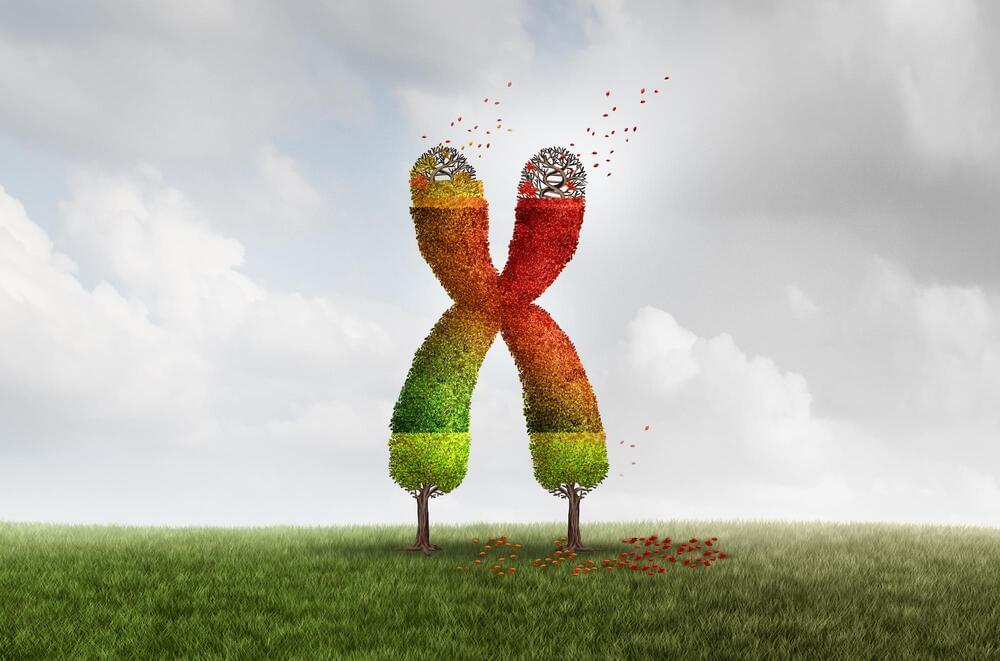It’s the BIG one! The FINAL LEVEL on the Kardashev Scale! In this video, Unveiled discovers what the world would be like if humanity could complete the Kardashev Scale and become the most advanced civilisation it’s possible to be… This goes beyond gods and monsters, to the incredible, immortal heart of the omniverse!
Let us know what you think in the comments!
This is Unveiled, giving you incredible answers to extraordinary questions!
Find more amazing videos for your curiosity here:
What If Humanity Was a Type II Civilization? — https://www.youtube.com/watch?v=y6Aj_bnZ3Gs.
What If Humanity Was a Type IV Civilization? — https://www.youtube.com/watch?v=pKOpYkmUfv0
Are you constantly curious? Then subscribe for more from Unveiled ► https://wmojo.com/unveiled-subscribe.
#Civilization #KardashevScale #WhatIf



